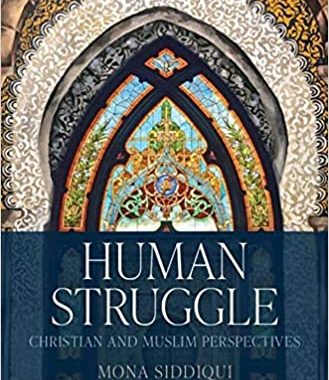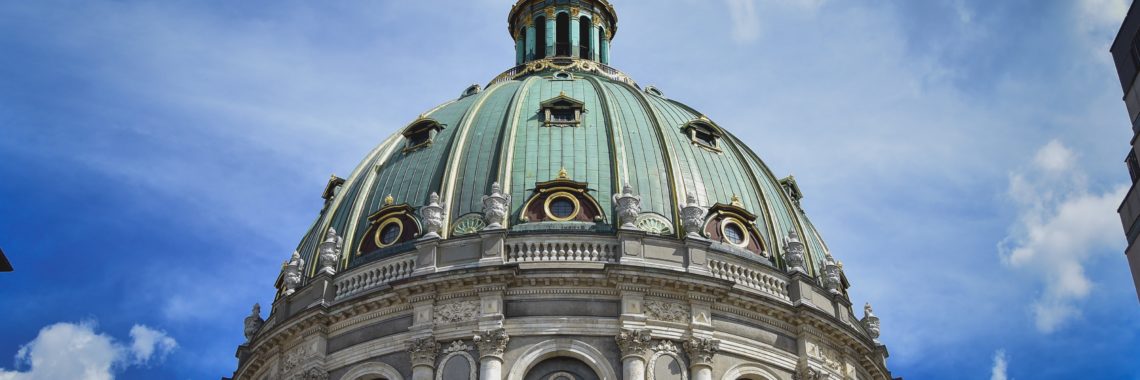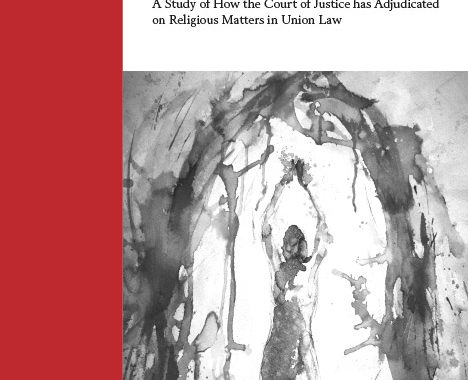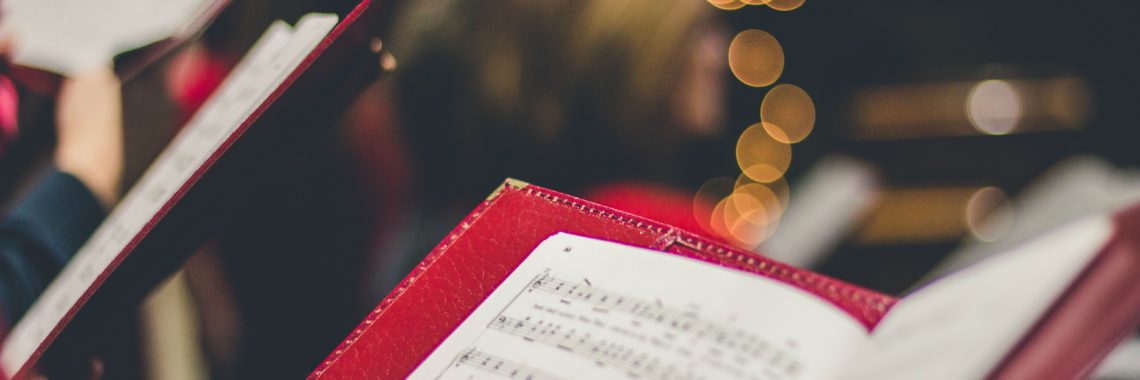“The Scowling ‘Shari’a’: Muslim Views on Prayer” by Niloofar Haeri
Photo by Wolfgang Hasselmann on Unsplash. Do Muslims pray even when they are not required to by “shari’a”? Or is being a Muslim a matter of performing exclusively compulsory religious acts, punctually and “to a T,” lest one get punished by the dreaded, bearded, and scowling “shari’a”? For reasons that we need not review here,…











